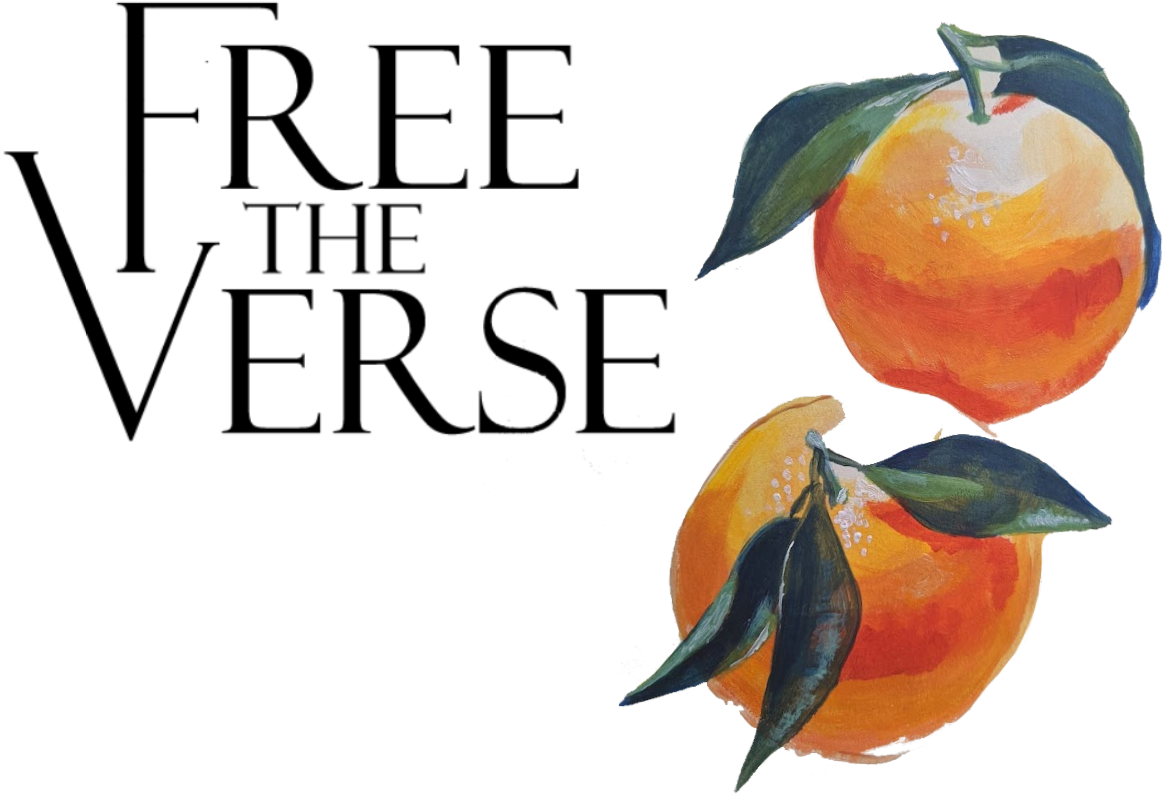Marie Crook on ‘in the dream i’
Marie Crook is a writer based in Manchester. She mostly writes poetry and creative non-fiction and she runs the writing workshop series Feed the Fox.
Tell us about your introduction to poetry.
My first introduction to poetry was in English Literature lessons at secondary school. We read T. S. Eliot’s The Lovesong of J. Alfred Prufrock and I was captivated. Although it was written over half a century before I was born by – and about – someone that could not be more different to myself, I found myself in it. I felt like I’d stumbled upon the meaning of life. I still do.
What is a core theme of ‘in the dream i’, and what called you to write about it?
The core theme of the poem is: everything you are searching for is already within you. I was called to write it after waking up from a dream much like the one described in the poem. It felt like a dream with a message in it. But that message and the theme of the poem only rose to the surface during the writing process itself. It wasn’t there when I sat down to write. I love it when that happens!
Tell us about the experience of writing this poem.
I’m a big sleeper and a very active dreamer! And I was having this dream about a whale and what woke me from the dream was a text message coming through from a friend about a holiday we were going on together. Just as the whale in my dream rose up and broke the surface of the water, this message jolted me awake. And the message was something along the lines of: ‘there’s a lake where we can go swimming!’ And it made me really happy because I’d been having a hard time and was just waiting for something good to happen. I wrote it all down straight away when I woke up, but it wasn’t a poem then – it was just notes.
I’ve always been interested in dream interpretation and particularly in Jung’s theory that everyone and everything in the dream is you – the dreamer. And I think it’s fascinating to analyse dreams in this way. So I wondered what that dream would look like if everything in it was an aspect of myself. And I realised it looked beautiful and meaningful and hopeful. So the poem arose from that.
I used lower case i in the poem to reflect that it was a mirror of multiple aspects of the self – lots of small i’s rather than one all-seeing I.
Where do you find inspiration?
I think inspiration is everywhere, but you only see it if you’re alert and you’re receptive. So for me it’s about getting into the right state of mind – meditation really helps with this.
You have an idea for a poem. What happens next?
Sometimes, it starts with an image. One Christmas, I was looking at the Christmas trees in all the windows and I couldn’t get this image out of my mind of a huge cherry tree growing inside the house. So I spent some time with this image and wrote a lot around it. Then, over some weeks, I returned to the – pretty incoherent – words I’d written, and eventually a poem emerged from them. Sometimes a poem falls, fully-formed, out of my head and onto the page and I wonder where on earth it came from.
Where do you find community in poetry?
Open mic events and poetry readings. I also find community in the poets or writers that I read – I don’t have to meet them in real life to do that. Lately, I’ve been listening a lot to the Poetry Unbound podcast, which is just beautiful. It’s so nice to listen to poetry rather than just reading it and Pádraig Ó Tuama’s voice is just gorgeous.
Is there a poem you read over and over again?
Wild Geese by Mary Oliver. Big fan.
Do you have a favourite poet?
I did, but I’ve discovered so many amazing new poets lately, I’d find it hard to choose a favourite these days.
What advice would you give to someone new to poetry?
Read lots of poetry. Let it get under your skin. Write lots and try out different things.
Why do you think poetry is important?
I think poetry is a vehicle for empathy.
You can read Marie’s poem here.


